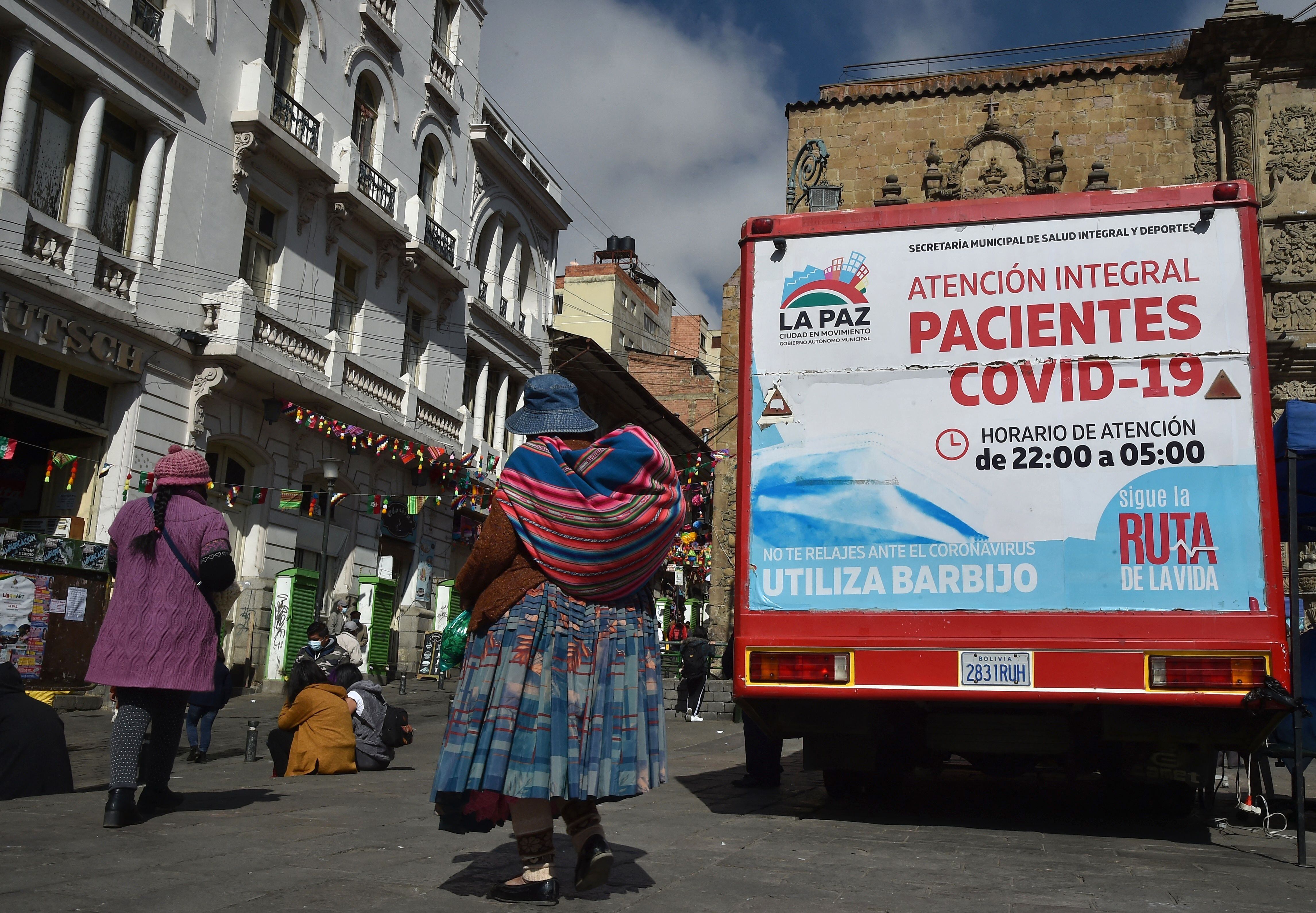
bolivian It is committed to consolidating a “protective State” with high subsidies to keep domestic prices stable, Economy Minister Marcelo Montenegro told Reuters, despite the risk implied by the high fiscal deficit and the decline in international reserves.
Bolivia’s center-left government, a key gas producer, subsidizes the hydrocarbons sector to contain fuel prices and the production of goods and services, which has helped drive inflation to 3% a year , one of the lowest in the world.
But, the consequences of the socialist government’s recipe are a high fiscal deficit and the fall in reserves, according to analysts. The deficit would be 8.5% of GDP this year and 7.5% in 2023, while the country’s reserves reach US$4 billion.
“Our deficit could reach 1 or 1.5% if we eliminate public investment (…), but the immediate consequence is to hit growth,” he explained.
READ ALSO: Colombia will raise fuel prices taking care of the CPI, according to the Minister of Finance
He also said that Bolivia’s economy is expected to grow 5.1% in 2022 and almost 5% next year.
“The abrupt movements of capital, the economic effects of living globally, in the pandemic, in war have to have some kind of support (…) Subsidies are that”the official said.
In relation to public investment, Bolivia will disburse at least US$4.006 million in 2023 to support the agricultural, energy, mining, infrastructure and other sectors, according to official data. Part of that amount will come from external financing and the issuance of debt bonds for up to US$ 2,000 million is contemplated.
Some experts considered that the high deficit and the fall in reserves show that the Bolivian model is exhausted.
READ ALSO: S&P cuts Bolivia’s rating due to political impasse
“I think that the Government can have a way out and the way out is to contract external credit from international financial organizations, which always have lower rates, longer terms”said Napoleón Pacheco, an economist at the Millennium Foundation.
According to the Ministry of Economy, Bolivia’s debt is 46% of GDP and is below the thresholds established by international organizations, which reflects that the country still has debt capacity.
Aware of the relevance of hydrocarbons for the country, Minister Montenegro stressed that the Government designed “a very aggressive exploration plan” for 2023, although he did not go into details.
The Bolivian government also expects to sign agreements with companies next year for the implementation of Direct Extraction of Lithium (EDL) technology and to accelerate the industrialization of the mineral with the aim of positioning itself in the market for this industry before 2025.
“It is not easy, because there are contracts that will last for years, even decades (…) We have to push so that more profits remain for Bolivia,” Montenegro said.
Source: Gestion
Ricardo is a renowned author and journalist, known for his exceptional writing on top-news stories. He currently works as a writer at the 247 News Agency, where he is known for his ability to deliver breaking news and insightful analysis on the most pressing issues of the day.











